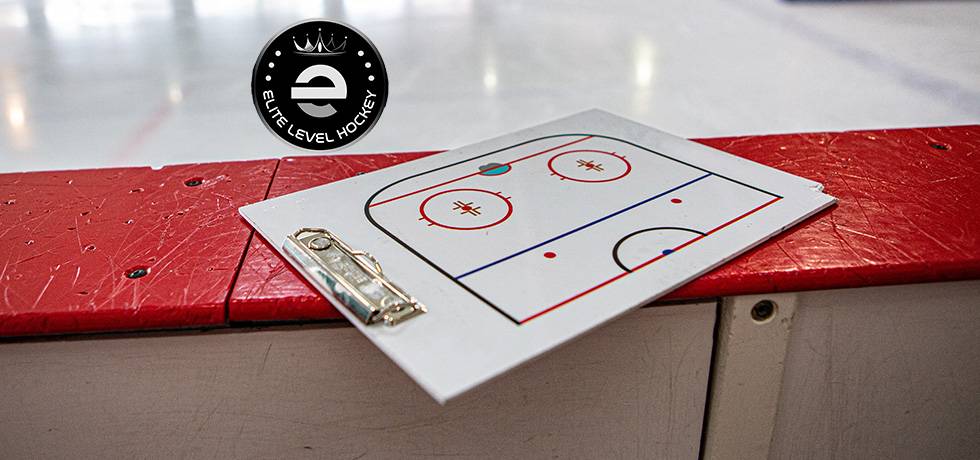While minor hockey players spend the summer hitting the gym and sharpening their skills, their coaches are doing their own pre-season work often long before the first whistle blows.
From designing practice plans to scouting new talent, coaches say offseason preparation is as much about strategy as it is about building team culture.
“It’s not just about what happens on the ice,” said Scott Campbell, head coach of the Whitby Wildcats U18 AAA team. “You’re looking at systems, you’re looking at line combinations, but you’re also figuring out how to get a group of players to buy in from day one.”
For many coaches, the off-season starts with evaluating last year’s roster and filling gaps. That can mean watching summer tournaments, fielding calls from parents, or reviewing videos of potential recruits.
“You want to know who can step into certain roles,” Campbell said. “If we lost a key penalty killer or power-play guy, we’ve got to find that skill set before camp.”
Once rosters start to take shape, the focus shifts to systems and practice plans. Coaches spend hours breaking down drills that will help players learn forechecking patterns, defensive coverage, and special teams play.
“You can’t throw too much at them right away,” said Greg Nemisz, who is an assistant coach with the Oshawa General. “The first few weeks are about establishing structure, but also making sure players feel confident in their roles.”
Some coaches even run pre-camp sessions to test out new drills before committing them to a regular rotation.
“I’ll bring a few kids in and try a couple of new breakouts or power-play looks,” Campbell said. “If it works, we build on it. If it’s clunky, we scrap it before camp starts.”
Coaches say pre-season meetings and communication are critical for setting expectations. Some will host team-building activities before the season even starts from off-ice workouts to group barbecues.
“We’ll do a barbecue, or a dryland training session where we mix the younger and older guys,” Campbell said. “It’s not just about fitness it’s about trust. If the guys believe in each other early, it makes a huge difference when the games get tough.”
Leadership roles are often identified before the season even starts. Some coaches name captains during camp, while others prefer to let the room decide after a few weeks.
“You can usually tell who the leaders are,” Campbell said. “They’re the ones asking questions, helping rookies, and pushing the pace in practice.”
For coaches at the minor level, the challenge is balancing long-term player development with the immediate goal of winning games. That’s why many use the off-season to review player feedback, study new coaching trends, and even attend development clinics.
“I always say that the season doesn’t start in September, it starts in June,” Campbell said. “By the time that first puck drops, you’ve already put in months of work to set the team up for success.”
“The game changes every year,” Campbell said. “You have to adapt your approach if you want your players to grow and succeed.”
As the final weeks begin to arrive the pace picks up. Coaches juggle ice schedules, parent meetings and tryouts all while fine-tuning their game plan.
“It’s busy, no doubt, that’s the part I love,” Campbell said with a smile. “All the planning, all the prep, it’s about to become real. And from that point on, it’s full speed ahead.”

